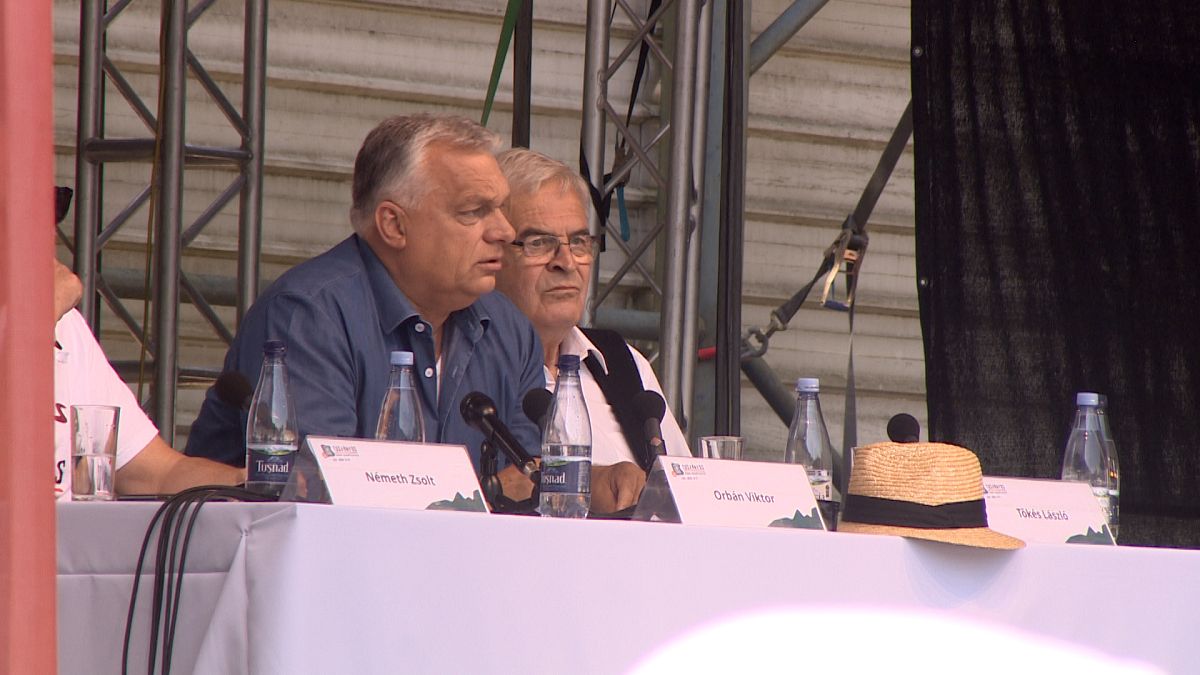

The European Union finds itself at a critical juncture, as deliberations over the EU budget reveal both complex challenges and potential pathways to progress. Against this backdrop, economic transformations and international relations are shaping the continent’s near future, offering insight into the intertwined destinies of member states.
At the heart of the current budgetary discourse is Hungarian Prime Minister Viktor Orban’s recent announcement that he intends to veto the EU budget unless specific financial concerns involving Hungary are addressed. This statement highlights ongoing tensions between Brussels and Budapest, sparked in part by the freezing of EU funds previously allocated to Hungary. These funds, according to EU officials, have been suspended due to concerns over rule of law and governance issues within the country. Orban’s stance underscores the persistent friction within the EU, particularly relating to common values and financial management—an echo of previous disagreements over topics such as migration policy and European integration.
Simultaneously, the broader context of the EU budget discussions captures an inclusive range of themes and stakeholder interests. Recent talk show debates within the Union have focused on a variety of fiscal policies, such as proposals to increase taxes on goods like tobacco and alcohol. Furthermore, growing scrutiny of the environmental and ethical implications of fast fashion reflects the EU’s ongoing commitment to sustainable economic practices. These discussions signal a collective intent to align economic growth with social responsibility, securing a prosperous yet equitable future for European citizens.
Complementary to these budgetary discussions, a recent Global Wealth Report by multinational investment bank UBS paints an intriguing picture of economic prosperity across the continent. Hungary, despite its fiscal policy clash with the EU, has witnessed the largest increase in citizens’ net worth over the past year, with Lithuania and Sweden also seeing significant gains. This upward trend in personal wealth suggests resilience and potential within these economies, possibly as a result of diverse factors including investment strategies, economic reforms, and burgeoning industries. As wealth indices climb, they foster not only national prosperity but also contribute to the interconnected economic fabric of Europe.
Looking beyond Europe’s internal dynamics, international trade discussions are poised to influence the continent’s economic landscape further. European Commission President Ursula von der Leyen is scheduled to meet with U.S. President Donald Trump to negotiate a new trade deal, a critical step in strengthening transatlantic economic partnerships. Despite potential obstacles, such as political disagreements or sector-specific conflicts, this dialogue represents a shared recognition of the mutual benefits of a robust trade agreement. A successful negotiation could enhance economic ties, improve market access, and stimulate growth on both continents, reaffirming the vital role of diplomacy in global commerce.
In a world marked by rapid change and interconnectivity, Europe stands at the crossroads of domestic governance challenges and global economic opportunities. The ongoing EU budget deliberations serve as a microcosm of these larger dynamics, where each decision reflects broader implications for unity, prosperity, and sustainability. As European leaders navigate these multifaceted issues, they must balance national interests with collective goals, aiming to craft a future that honors the diverse aspirations of its citizens while reinforcing the strength and stability of the European Union.
Source: {link}
